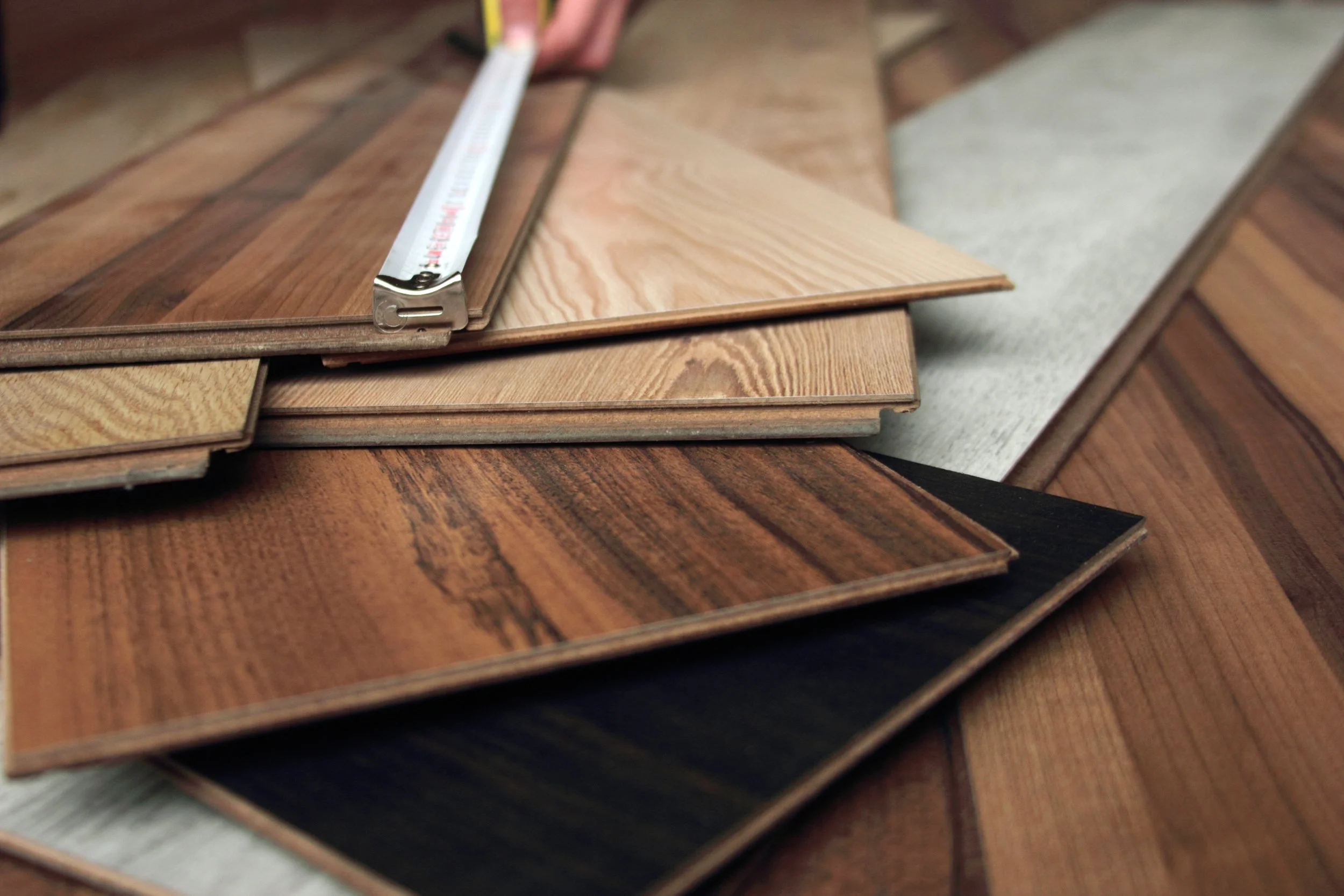Hi Dave,
We have a 10-year old home that had a lower-end engineered wood floor in the kitchen and dining room when be bought it new. The flooring has a lot of scratches, a few chips, and some warping from water spills. We are looking to replace it with a good quality laminate flooring with a hand-scraped wood look - not to save money, but for the durability, and so that we don't have to baby it. We were wondering if this would lower the value of our home at all, compared to putting in engineered wood or porcelain tile. Our home is in the mid $300's, and has a lot of nice upgrades.
Thank you,
Jeff
Jeff,
Well thought out question! You are considering your price point when doing renovations and that is a very important step that too many people ignore. In your case, the concern about “cheapening” the home or your already nice upgrades with a less than quality flooring is a very real concern and one worth considering. Note that engineered wood and tile are considered substantial upgrades over other laminate or vinyl options, but are also considerably more expensive both in product cost and installation.
The good news is that there are MANY flooring options that are available now that were not available 10 years ago and these don’t have to break your budget and can provide incredible durability. Wood products, including even the best wood laminate products, inherently don’t do well in wet environments or react well when water is left on them for a long period of time. Because most all wood products don’t react well to water, one of the products being used across many price ranges today is luxury vinyl planking. It is a great product that is very cost effective and is easily replaced if a portion gets damaged or scratched and because it is made from vinyl it does not swell or negatively respond to water…even if left on there for many hours. These products are easy to install, wear amazingly well and provide a look that is hard to distinguish from the real thing and do not soak up liquids. That is key if you are considering use in the kitchens or bathrooms!
“If your heart is set on a laminate product, just make sure not to go cheap. My experience is that if it is inexpensive there is probably a reason. ”
If your heart is set on a laminate product, just make sure not to go cheap. My experience is that if it is inexpensive there is probably a reason. You just have to make sure that the reason is not a lack of durability or a cheapened look, feel or sound. The sound some laminate floors make when you walk on them, empty clacking sound, is hard to get past. The flooring does not feel solid or sound right and it is an almost always going to be an instant buyer turnoff, especially in your price range. There are ways to determine the quality of a laminate floor product.
One way to determine the quality is to investigate the warranty. As with anything else, the longer the better and some range into 15-20 years. Just remember to read the fine print. Also, there is what’s called a Nalfa (North American Laminate Flooring Association nalfa.com) seal that certified laminate flooring after subjecting them to 10 quality assurance tests, including water and stain resistance and overall durability under varying conditions. Nalfa.com is really both educational and helpful! You now have many flooring options that should provide the look and durability you desire, you just need to do your homework and find the right product for you and your family. My overall opinion is the LVT (luxury vinyl) is probably the first choice where water is present, but LVT and laminate are a toss-up in other areas of the house. Neither, if chosen correctly, should negatively impact the sales price or buyer appeal of your home. Hope this was helpful.
Dave Kimbrough
The Kimbrough Team


